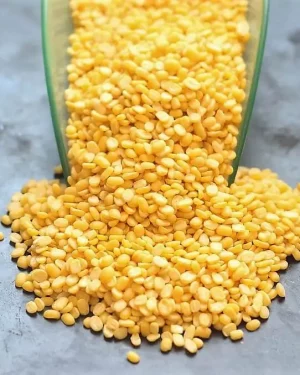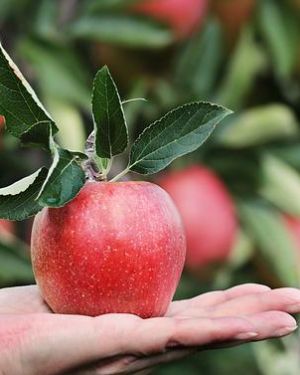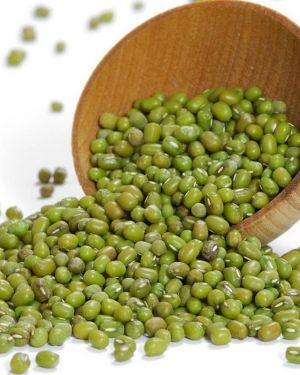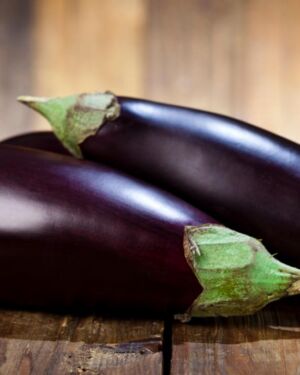An herb in the mint family is basil (basilic). It enhances the flavor of food and its nutrients may be beneficial to health. Many Mediterranean recipes, but especially Italian ones, feature sweet basil (Ocimum basilicum). It is the main ingredient in pesto and gives salads, pasta, pizza, as well as other dishes a unique flavor.
Sweet basil (basilic) contains vitamins, minerals, and a variety of antioxidants . Its essential oil might be useful for treating ailments. While various varieties of leaves have varied flavors and aromas, sweet basil (basilic) may be found in many grocery stores.
Tulsi, or holy basil (basilic), is a different variety of basil (basilic) (Ocimum santum). In Tamil as well as Ayurvedic medicine, which are primarily used in Southeast Asia, this plant is used therapeutically.
BENEFITS
Reducing oxidative stress
Antioxidants are necessary for the body to get rid of free radicals. Antioxidants are substances that aid in the body’s removal of these molecules. In the event that they accumulate, oxidative stress may develop, leading to cell damage and perhaps even illness.
Supporting liver health
Antioxidants in a powdered preparation that included tulsi, or holy basil (basilic), had a positive impact on liver health. However, the scientists applied the powder after using a toxin to induce liver injury.
Fighting cancer
The authors concluded that the phytochemicals in the leaf may help prevent certain types of skin, liver, oral, and lung cancers. They appeared to do this by increasing antioxidant activity, changing gene expression, triggering cell death, as well as slowing cell division.
Reducing high blood sugar
Some practitioners of traditional medicine commonly recommend basil to help manage blood sugar levels. A 2019 study in rats found that an extract of the leaves helped reduce high blood sugar levels. The results also suggested that the leaves may help treat long-term effects of high blood sugar.
Combatting infection
In 2013, researchers applied sweet basil (basilic) oil to various strains of Escherichia coli , or E. coli. The bacteria came from people with respiratory, abdominal, urinary, or skin infections, as well as from hospital equipment. The results showed that the oil was active against these bacteria.










Reviews
There are no reviews yet.